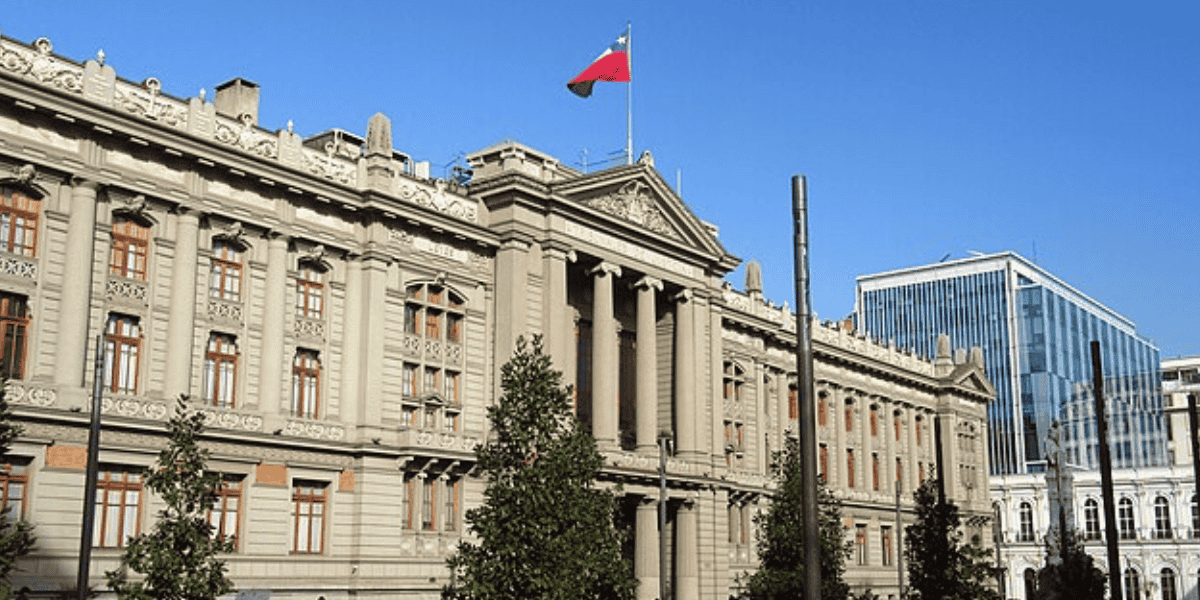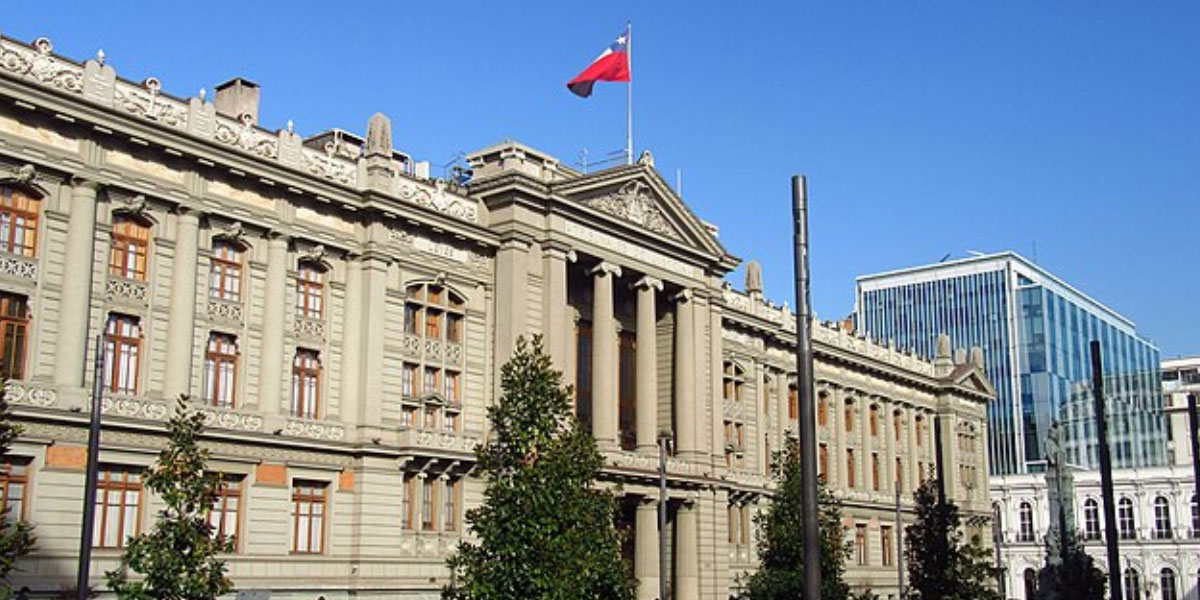On 1 September 2020 the OECD’s Global Forum on Transparency and Exchange of Information for Tax Purposes issued nine new second-round peer review reports containing details of their review and assessment of the compliance by nine jurisdictions with the international standard on transparency and exchange of information on request (EOIR).
A rating of largely compliant was given to Chile, China, Gibraltar, Greece, Korea, Papua New Guinea and Uruguay. Malta was found to be partially compliant and Anguilla was considered to be non-compliant.
China was rated largely compliant as practices were considered to be consistent with the international standard and several hundred requests for information were answered in the period under review. There was however concern about the availability of beneficial ownership information. The review found that the supervision of financial institutions, which generally keep the information on beneficial ownership, needs to be enhanced.
Greece was found to be largely compliant. Since the previous review in 2013 Greece has abolished the issuance of bearer shares by most companies and has set up a beneficial ownership register. There are however deficiencies in the availability of ownership and accounting information, particularly for shipping companies. There are still some delays with the exchange of information on request.
Also Chile was considered to be largely compliant although the report made recommendations on the scope of its legislation on beneficial ownership.
Malta was rated as only partially compliant owing to concerns about the effectiveness of enforcement and supervision activities that should ensure that ownership, accounting and banking information are available. The filing compliance rates were not adequate. A large number of inactive companies were registered during the period under review and this led to delays in providing information to other jurisdictions. The peer review report therefore recommends improvements in enforcement, supervision and monitoring activities to reduce the number of inactive companies.
Anguilla was considered to be non-compliant owing to deficiencies in the practical implementation of rules requiring the availability of accounting records; and significant failures to respond to information requests from other jurisdictions. The failure to provide information when requested was due to organisational malfunctions and the closure of some service providers as a result of the 2016 leaks involving a law firm and corporate service provider.
The OECD’s Global Forum is responsible for ensuring that jurisdictions effectively implement the standard of transparency and exchange of information on request and the standard of automatic exchange of financial account information. The Forum carries out a monitoring and peer review process and there is also a technical assistance programme to support efforts by members of the Global Forum to implement the standards.
















